In Brief:
- Transnistria, which borders war-stricken Ukraine to the east, has maintained autonomy from Moldova for three decades with support from Russia.
- The Kremlin has more than a thousand troops stationed there since a brief war in 1992.
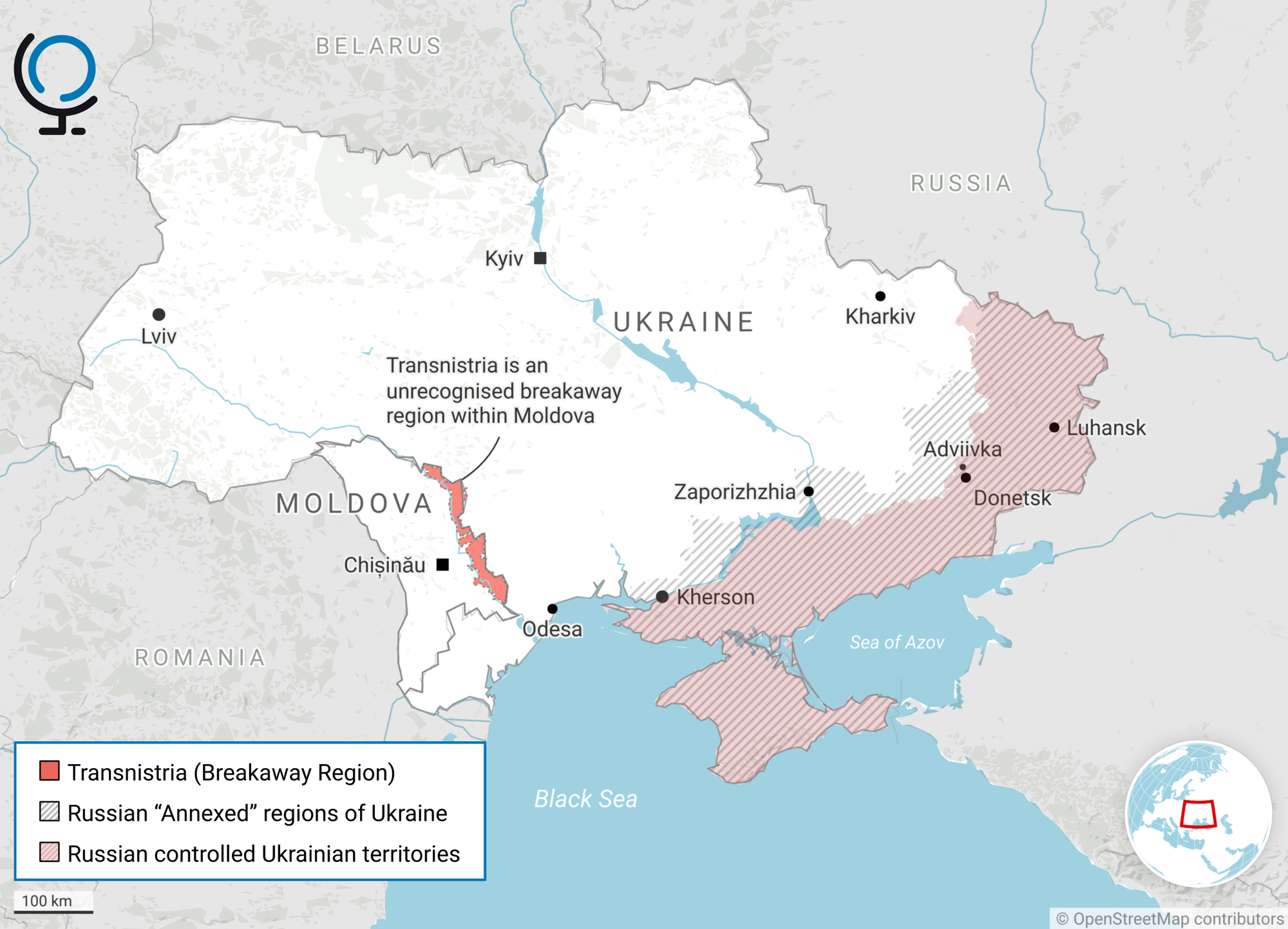
Situation Report:
Politicians in Moldova’s Kremlin-backed breakaway region of Transnistria have appealed to Russian President Vladimir Putin to “protect” it against “pressure” from Chișinău.
“[We resolved to] appeal to the Federation Council and the State Duma of the Russian Federation, requesting measures to protect Transnistria amidst increased pressure from Moldova,” read a resolution adopted by hundreds of Transnistrian politicians in Tiraspol, the region’s capital and largest city.
The appeal stops short of directly asking Moscow to integrate Transnistria into Russia, as had been predicted by one Transnistrian opposition politician in the days before the resolution was adopted.
The resolution noted that more than “220,000 Russian citizens” live inside the region. Moscow has recently made it easier for Moldovans to get Russian citizenship.
Transnistria, which sits along Moldova’s border with Ukraine and is mostly populated by Russians, Ukrainians and Moldovans, has functioned as an unrecognized state since the fall of the Soviet Union, keeping its Soviet-era hammer and sickle flag and using Russian as one of its official languages.
Moldova has repeatedly denied putting pressure on Transnistria, and accused Russia of destabilizing the situation in the country through its maneuvers in the breakaway region.
Putin, who in violation of international law annexed multiple regions of Ukraine amid Russia’s ongoing full-scale invasion, is scheduled to make a lengthy address to Russia’s parliament on Thursday.
In 2006, an internationally unrecognized referendum was held on the “free accession of Transnistria to the Russian Federation,” which was officially backed by 98 percent of Transnistrian voters.
Since then, however, Moscow has resisted any further steps toward annexation. Nevertheless, it maintains around a 1,500-strong military presence in the region, which prevents any possibility of reunification with Moldova. Moscow calls the troops “peacekeepers.”
The Russian foreign ministry said Wednesday that the protection of Transnistrian residents, including Russian citizens, is one of its priorities. They promised to consider the appeal.



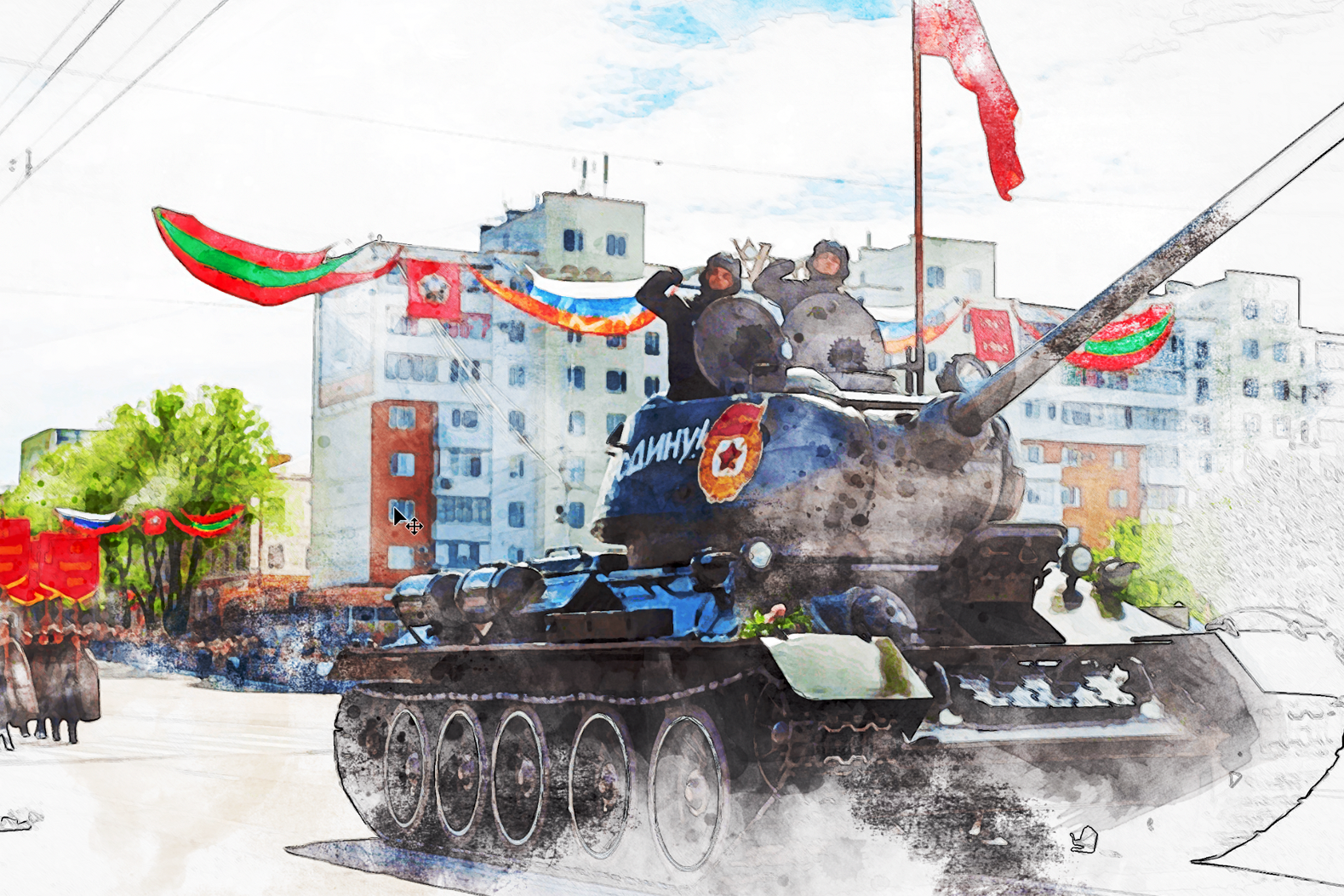
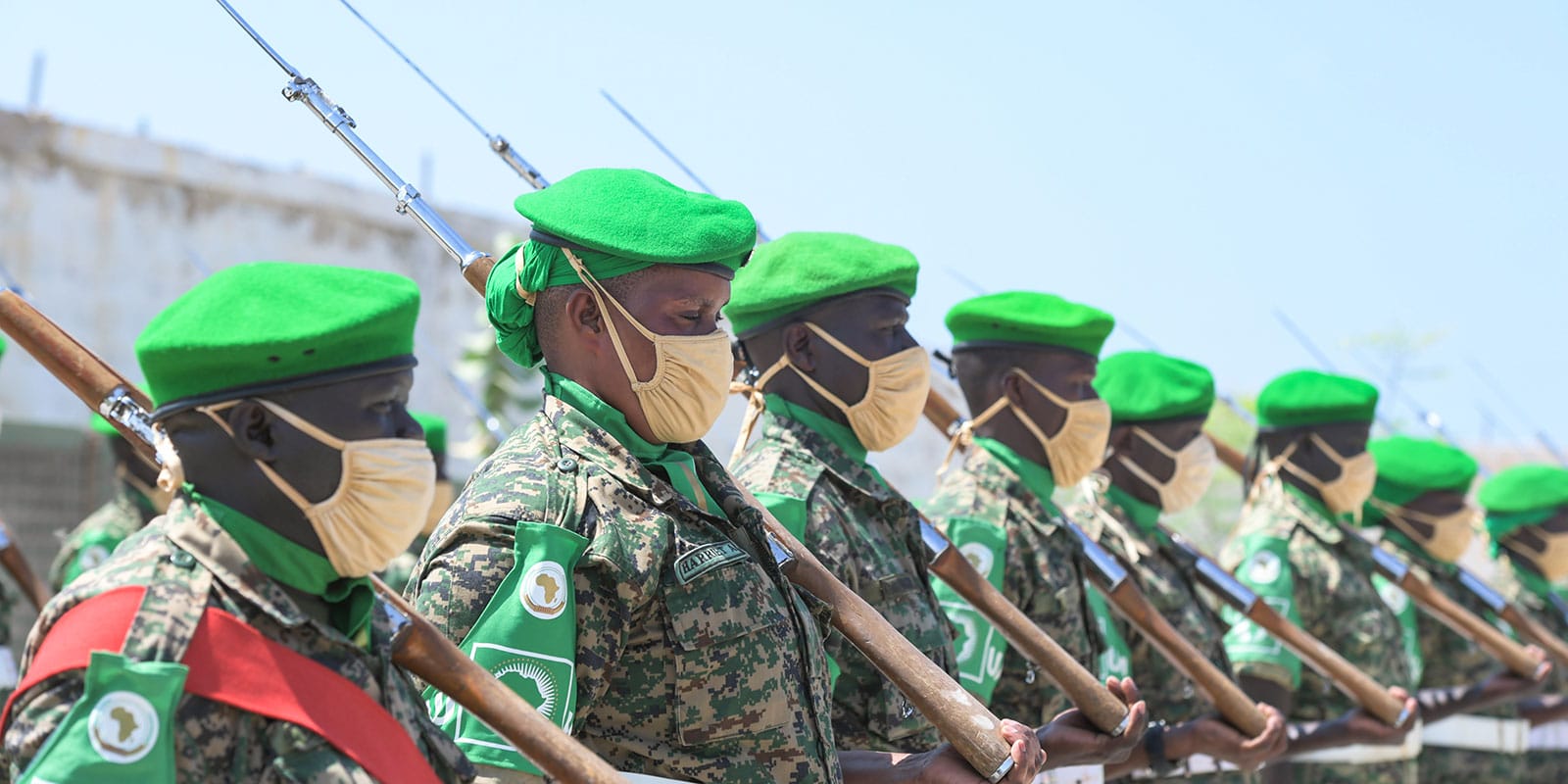

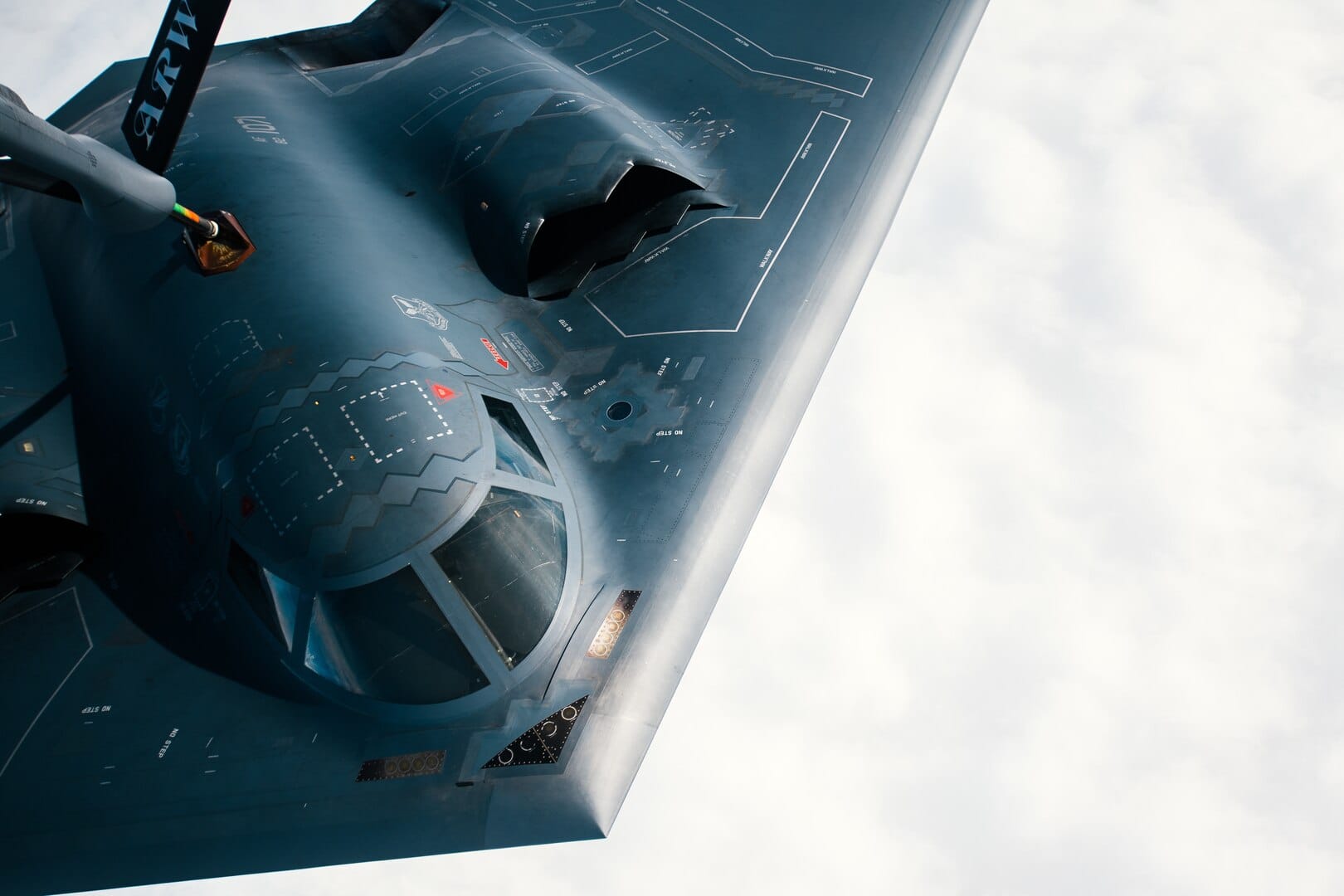
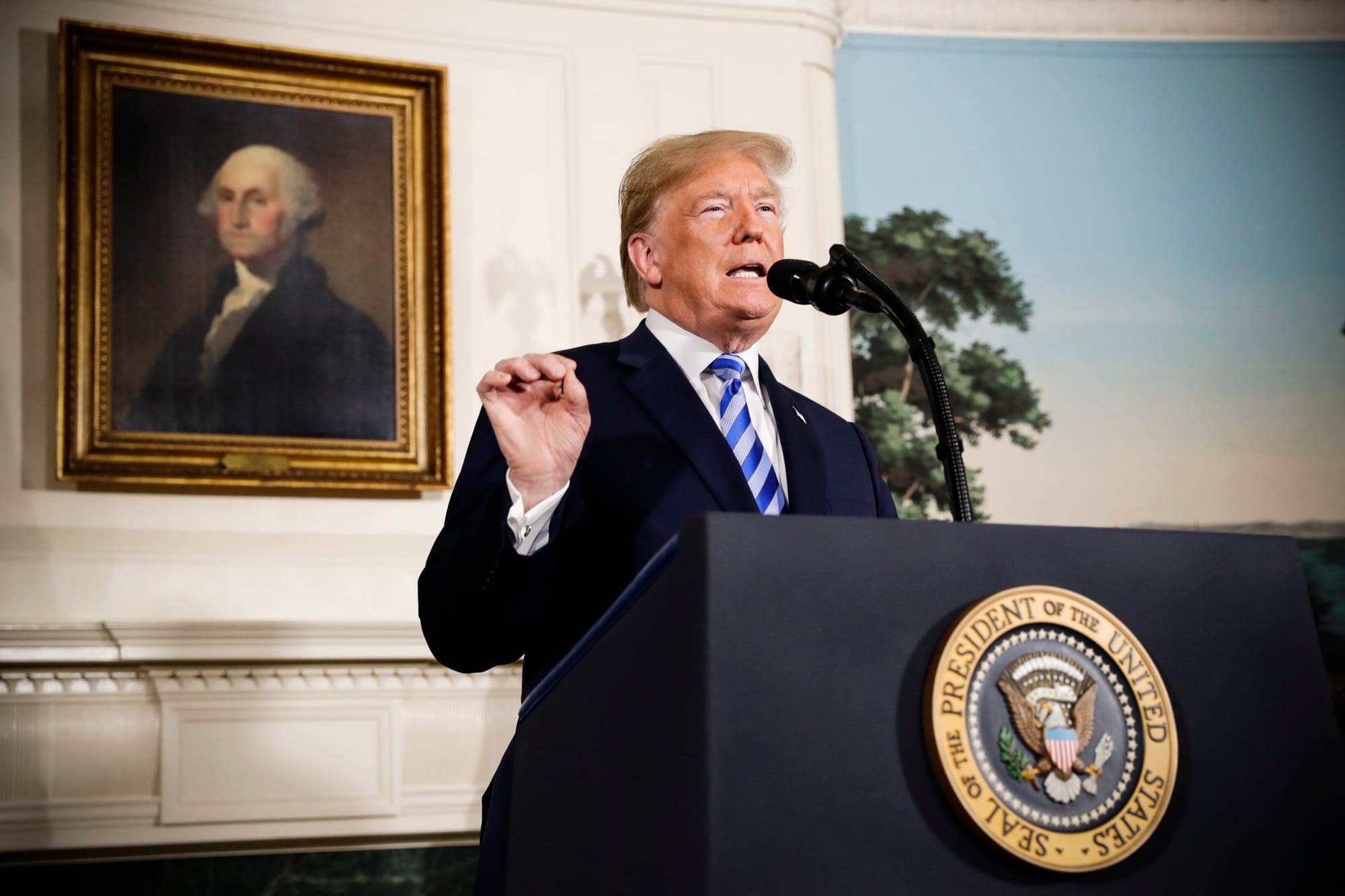
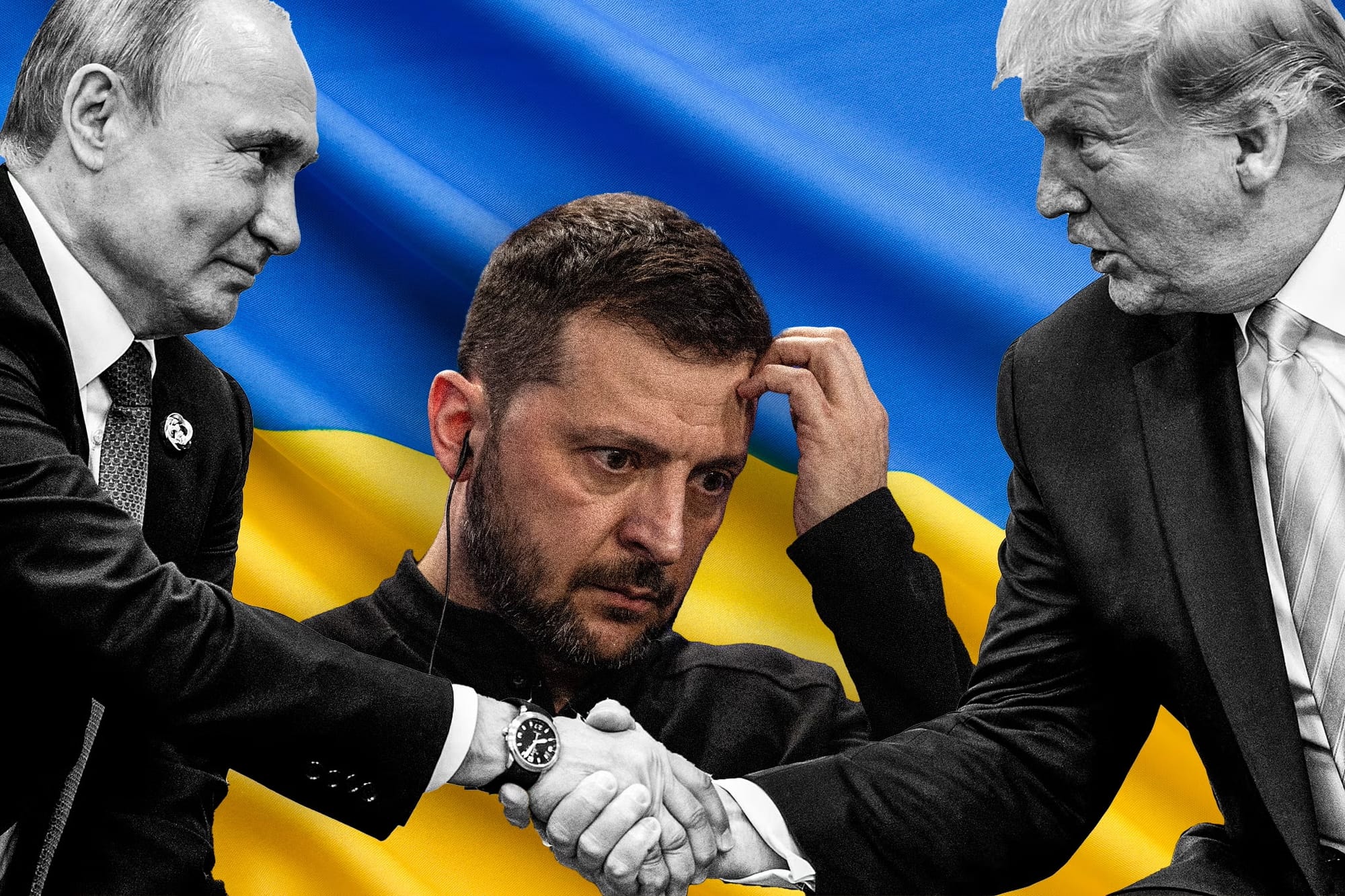

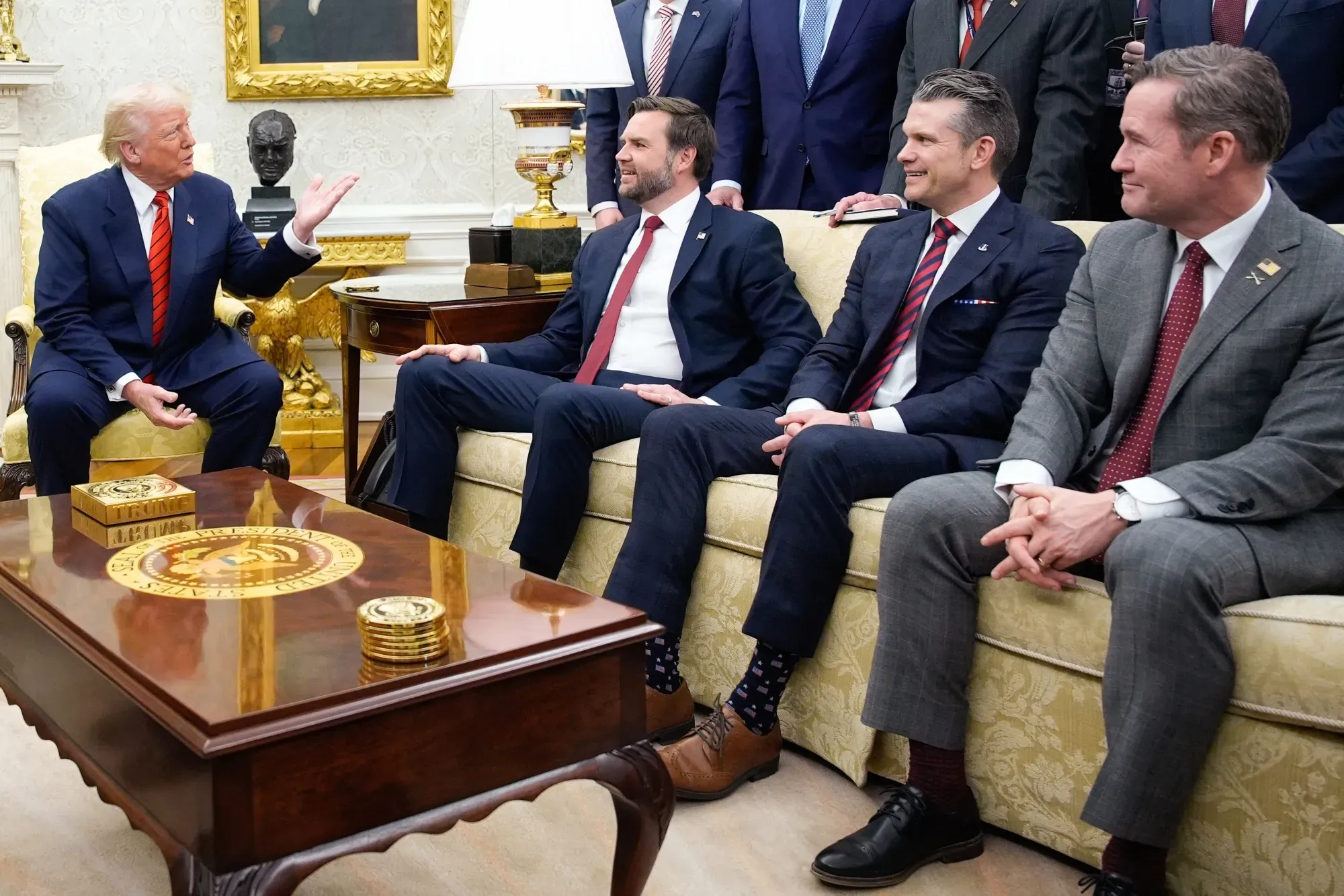
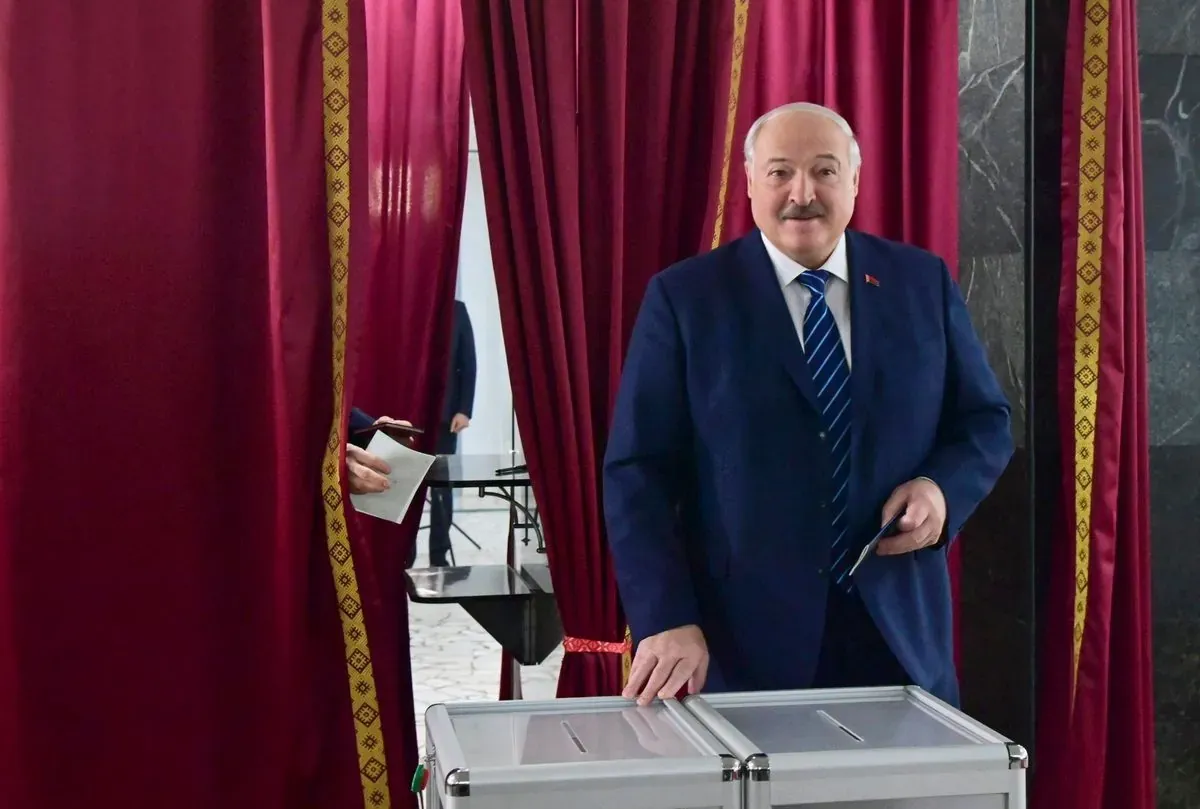
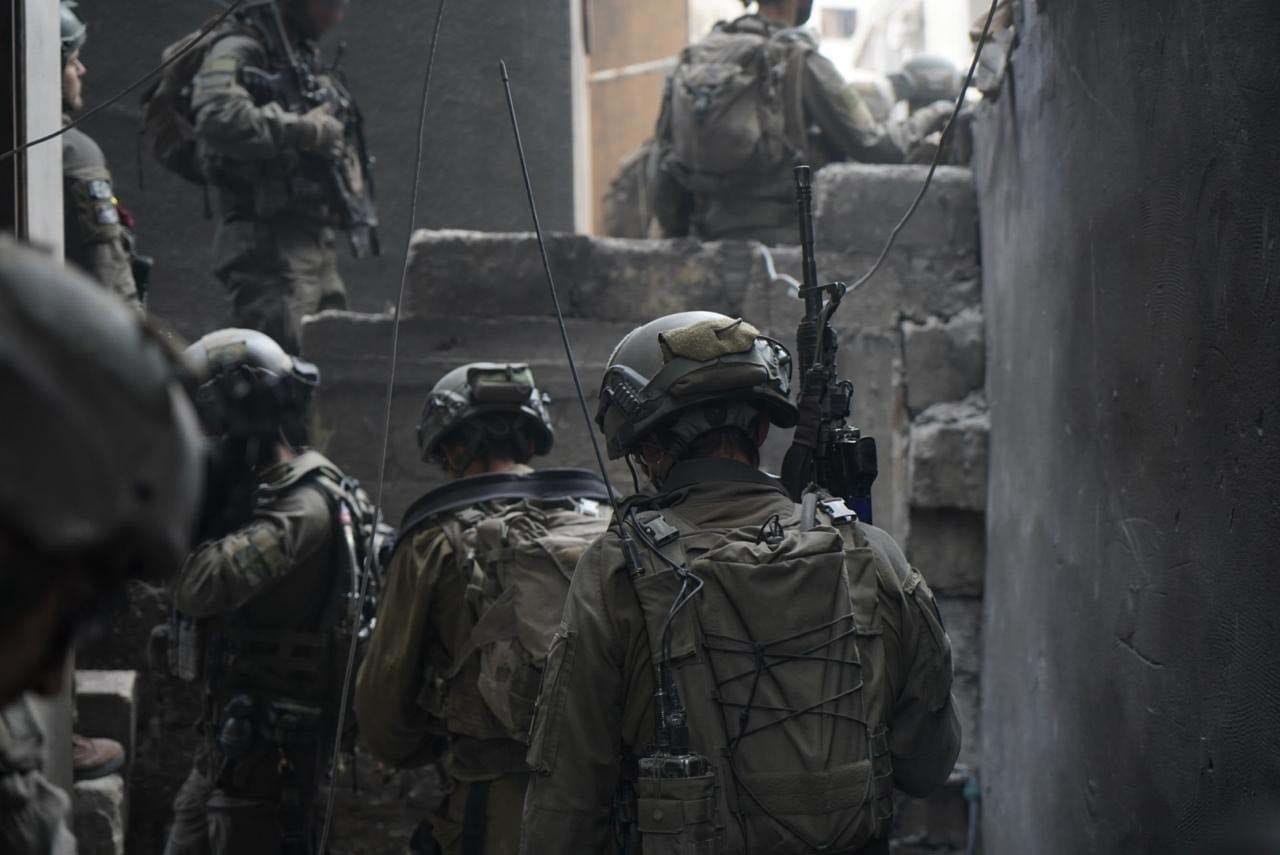

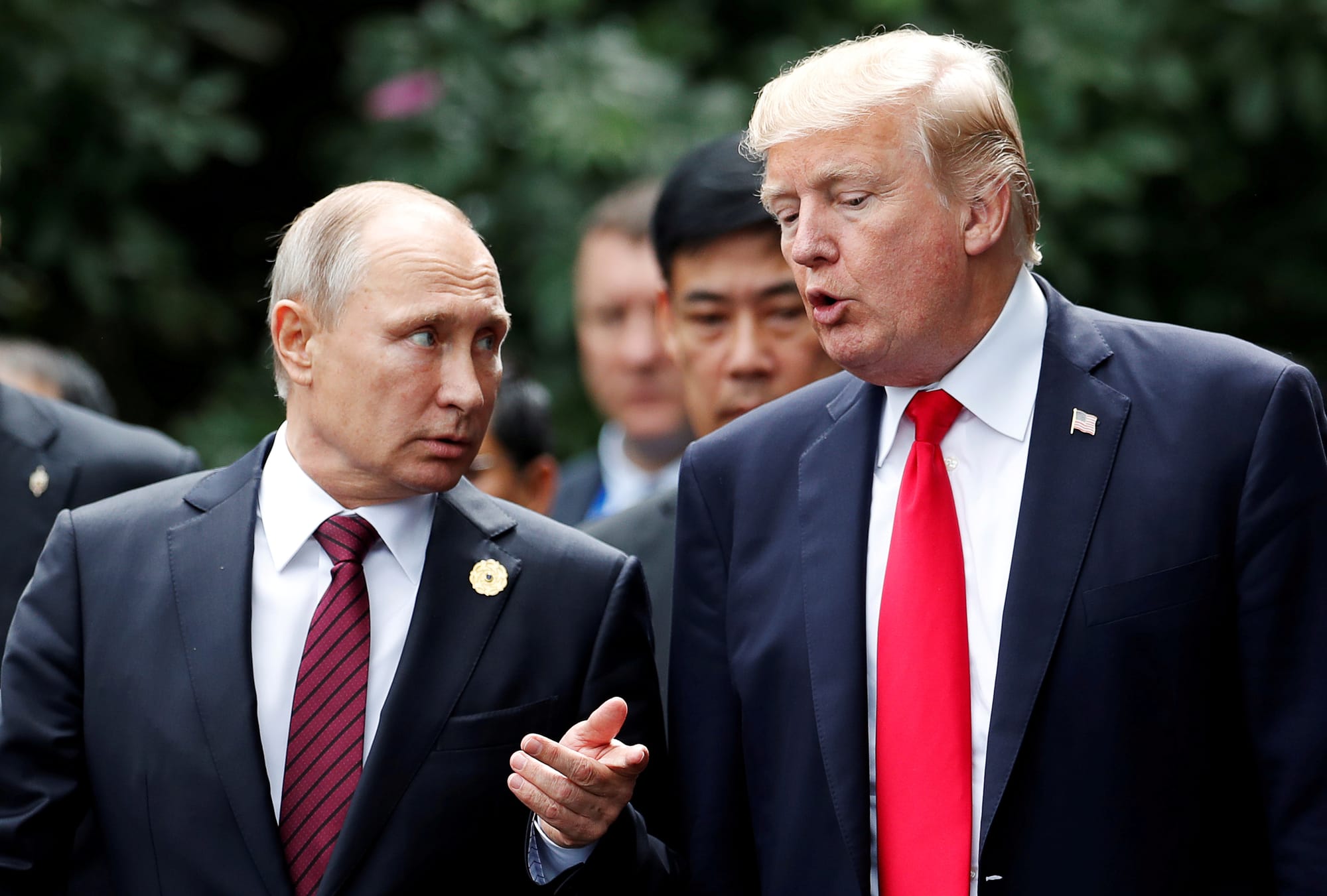
Discussion